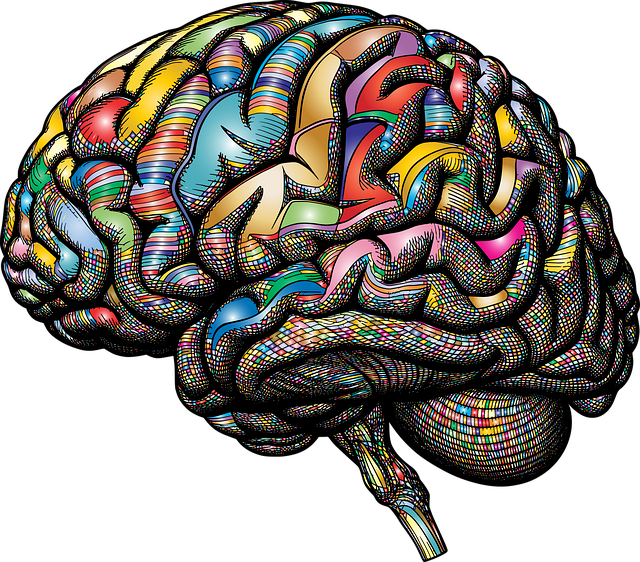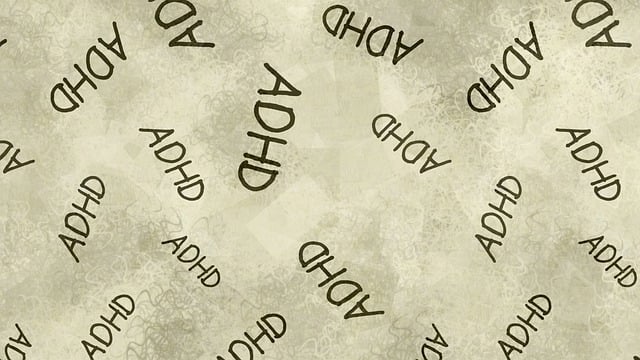In a fast-paced world, mental wellness is often overlooked. Self-assessment tools using evidence-based methods can identify mental health issues early, guiding personalized strategies for growth. An ideal tool includes detailed questions and open-ended prompts, encouraging self-reflection and resilience-building exercises tailored to individual needs, as advocated by Englewood Depression Therapy (EDT). EDT offers a revolutionary approach combining at-home digital tools with personalized self-care practices, empowering individuals to take charge of their mental wellness. Future tools can leverage AI, machine learning, VR, and AR for data-driven insights and immersive experiences, enhancing engagement and effectiveness in mental health support.
Mental wellness self-assessment tools play a pivotal role in empowering individuals to take charge of their mental health. As the global focus on mental well-being intensifies, there is an increasing need for accessible and effective evaluation methods. This article explores this growing necessity, delving into the key components that make up robust self-assessments. We present a case study of the Englewood Depression Therapy, highlighting its development and impact. Furthermore, it discusses future innovations, emphasizing the potential for digital tools to revolutionize mental health assessment, with SEO keywords like Englewood Depression Therapy strategically integrated.
- Understanding the Need for Self-Assessment Tools in Mental Health
- Key Components of an Effective Mental Wellness Self-Assessment Tool
- Developing and Implementing Englewood Depression Therapy: A Case Study
- Future Directions and Innovations for Mental Wellness Self-Assessment Tools
Understanding the Need for Self-Assessment Tools in Mental Health

In today’s fast-paced world, mental wellness is a critical aspect often overlooked in the pursuit of overall well-being. This is where self-assessment tools step in as powerful allies in the field of mental health. These tools are designed to empower individuals by providing them with an understanding of their mental state and serving as a starting point for personal growth and improvement. By utilizing evidence-based methods, self-assessments can identify symptoms of common mental health issues like depression, anxiety, or stress, enabling early intervention which is crucial in effective treatment, especially when coupled with services like Englewood Depression Therapy.
The need for such tools is increasingly evident, as the demand for accessible and non-stigmatizing mental health support grows. Crisis Intervention Guidance and Mental Health Education Programs Design can greatly benefit from these assessments, offering personalized strategies to manage and mitigate risks. Moreover, organizing Stress Management Workshops can be enhanced through self-assessment data, tailoring the content to cater to specific needs. This holistic approach ensures that individuals receive comprehensive care, fostering a healthier and more resilient mindset.
Key Components of an Effective Mental Wellness Self-Assessment Tool

An effective mental wellness self-assessment tool should incorporate several key components to ensure accurate evaluations and meaningful interventions. Firstly, it must include a comprehensive set of questions that cover various aspects of mental health, such as mood, anxiety, stress, and cognitive function. These questions should be designed to capture subtle changes in emotional states and thought patterns, enabling users to gain deeper insights into their mental wellness.
Additionally, the tool should promote self-reflection through open-ended prompts or narrative responses. Encouraging users to describe their experiences, challenges, and coping strategies facilitates a more holistic understanding of their mental health. This section could also incorporate resilience-building exercises tailored to the user’s specific needs, as identified during the assessment. By integrating these elements, the self-assessment becomes not just a diagnostic tool but also a resource for empowering users in their journey towards better mental wellness, aligning with strategies recommended by Englewood Depression Therapy and supporting initiatives in Mental Health Policy Analysis and Advocacy while promoting Depression Prevention.
Developing and Implementing Englewood Depression Therapy: A Case Study

Englewood Depression Therapy (EDT) is a case study showcasing an innovative approach to mental wellness self-assessment and treatment. The therapy focuses on empowering individuals to take charge of their emotional healing processes through a comprehensive set of self-care practices tailored to their unique needs. EDT combines evidence-based psychological strategies with accessible, user-friendly digital tools designed for at-home use, making mental health support more inclusive and convenient.
This therapy model emphasizes the importance of regular self-assessment to track progress and adapt practice as needed. By integrating EDT into routine self-care routines, individuals can cultivate resilience and enhance their overall mental wellness. The case study highlights successful outcomes from early adopters, demonstrating the potential for EDT to revolutionize how we approach emotional well-being, making it an invaluable resource in today’s ongoing quest for effective and accessible mental health solutions.
Future Directions and Innovations for Mental Wellness Self-Assessment Tools

As technology continues to advance, future developments for mental wellness self-assessment tools can explore innovative approaches. One promising direction is integrating artificial intelligence (AI) and machine learning algorithms. These technologies can analyze vast amounts of data from various sources, including social media trends, wearable health devices, and user feedback, to provide personalized insights and recommendations. AI-driven tools could offer adaptive and interactive assessments, where the questions adjust based on individual responses, ensuring a more tailored experience for users seeking Englewood Depression Therapy or other mental wellness support.
Furthermore, the integration of virtual reality (VR) and augmented reality (AR) can create immersive assessment environments, allowing individuals to engage with their emotional states in simulated scenarios. This can be particularly valuable for exploring specific triggers and responses related to Mental Wellness Coaching Programs Development or conflict resolution techniques, enhancing Mental Health Awareness. Such interactive tools have the potential to make self-assessment more engaging and effective while offering insights that traditional methods might miss.
Mental wellness self-assessment tools play a pivotal role in empowering individuals to take charge of their mental health. As demonstrated by the case study on Englewood Depression Therapy, these tools can effectively facilitate early detection and intervention. Moving forward, innovations such as digital platforms and artificial intelligence integration hold immense potential to enhance accessibility and accuracy. By continuously refining and expanding upon existing assessments, we can ensure that people have the resources they need to navigate their mental health journeys with increased confidence and resilience.













